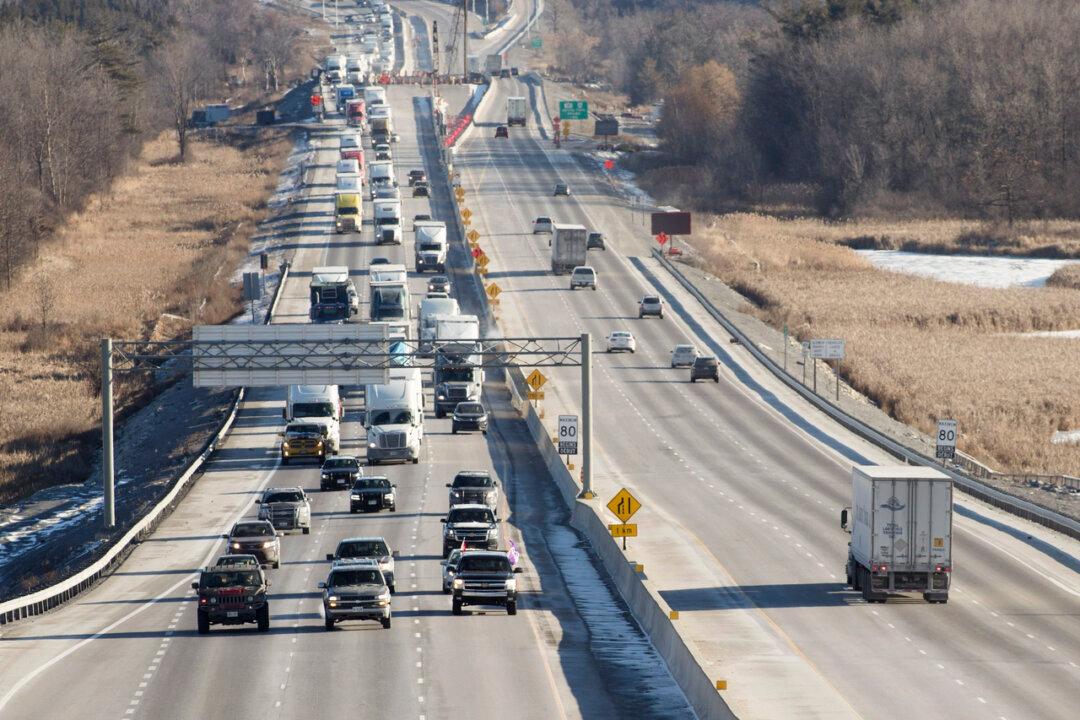Ontarians’ opinion of Premier Doug Ford’s proposed tunnel under Highway 401 is slightly more negative than positive, with feasibility and high cost being common concerns, a recent poll suggests.
More than 45 percent of Ontario residents said building a tunnel under the 401 is a bad idea, with more than a quarter describing it as a “very bad idea,” according to a new Abacus Data poll. Meanwhile, 35 percent of respondents like the proposal, although only 8 percent described it as a “very good idea.” Nearly 20 percent said they didn’t know.





